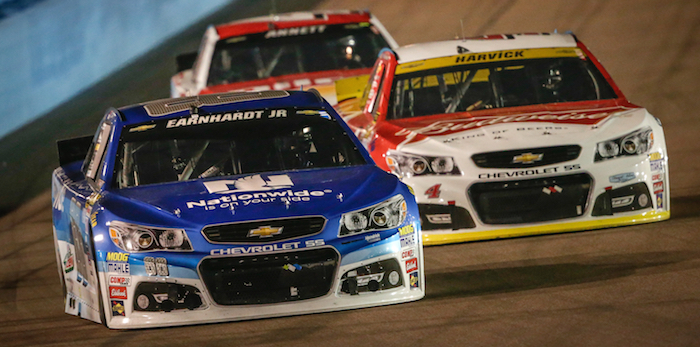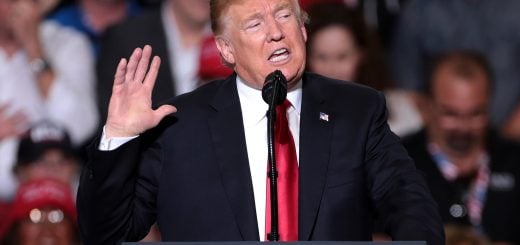Acclaimed former NASCAR driver Dale Earnhardt Jr. has been speaking up about his history with concussions, admitting on In-Depth with Graham Bensinger recently that he likely suffered between 20 and 25 concussions during the course of his NASCAR racing career, hiding the majority of them from everybody, including his wife. Concussions are a form of mild traumatic brain injury that occur when the cerebrospinal fluid that surrounds and cushions the brain proves insufficient to protect against the effects of sudden acceleration or impacts.
The sorts of high-g forces that commonly cause concussions are a hazard in racing and many other sports, although in the U.S., the issue of their prevalence tends to attract the most attention within the context of American football.
The effects of a single concussion are typically relatively short-lived, although the complications can be serious depending upon the severity of the brain injury. But repeated concussions over the course of a lifetime, such as those frequently suffered by professional American football players, can lead to a condition known as chronic traumatic encephalopathy (CTE). The condition usually only hits years after the brain injuries occurred, and leads to problems with mood, behavior, and cognition, possibly even resulting in dementia.

“Any time you have a head injury, your brain is your computer… People don’t have the faith in it healing like a broken bone,” Dale Earnhardt Jr. told Graham Bensinger. “You know [your team] is always going to have [your brain injury] in the back of their mind, and when you don’t run a good race, are they going to go: ‘Hmm, I wonder if he’s just not the same anymore,’ you know? I’ve heard that talk about other drivers – even guys that don’t have any history of concussions.”
Earnhardt, who retired after last year’s season driving the No. 88 Hendrick Motorsports Chevrolet SS, credited NASCAR for doing what they have to reduce the risks of traumatic brain injury, saying he’s thankful that the organization has made impact testing mandatory and started sending a neurosurgeon along for every race. That said, the retired racing driver suggested there’s room to improve when it comes to “protecting the drivers from themselves.”
“The drivers are never going to raise their hand,” Dale Earnhardt Jr. said. “They’re going to do everything they can to keep racing, keep their job, not let anyone in on this information… I would try to do everything I could to protect the drivers from themselves. That would be my main goal.”
(Hat-tip: Autoblog)














Comments
I applaud Dale Jr. for getting out of racing when he did. He’s got a family to think of.
He’s actually going to race in the NASCAR Xfinity Series in a couple weeks at Richmond and might do a race or two next year.
I think hiding concussions was stupid on Dale Jr’s part. One major shunt and he could have had major brain damage that could not only end his career but his life as well.
Well for decades it was what drivers did.
No one thought it was long lasting. The point were set that you miss a race or two you are out of the championship race. Sponsors are not happy and leave etc.
The pressure is heavy on a driver not to them selves but to everyone around them. They lose a sponsor and everyone loses their job.
Drivers think it never is going to happen to them. They all have done it. Not just head injuries but book broken arms, legs and even necks like his father drove with.
Smart no but that was how it was done.
Ernie Ervin and others have walked away. JR could still drive but chose to walk away. If he drives it will be at tracks were head injuries are not common. Right now it looks like just one more race.
The truth is a driver can die in just one crash at any time. Most just let the passion to drive lead them and think it won’t be them.
Death are rare as in the past many head injuries killed you today they keep you alive but with a brain injury.
It is a choice they make and at least JR was smart enough to stop and ev3n go public so others may be smart enough to do the same.
His fathers death was tragic but it got a lot of other drivers to wake up and realize that if it could happen to him it can happen to them.
Racing as with just getting out of bed everyday can be fatal but they keep trying to improve it as much as they can. No one forces them in the cars and they know deep down there is always s chance they may not finish the race.
I wonder if NASCAR pressured him to stay because after his dad was killed NASCAR saw a fall in fans and if Jr. retired sooner NASCAR may not have survived as a lot of the fans were Jr.
You come across a bit out of context-would you clarify?